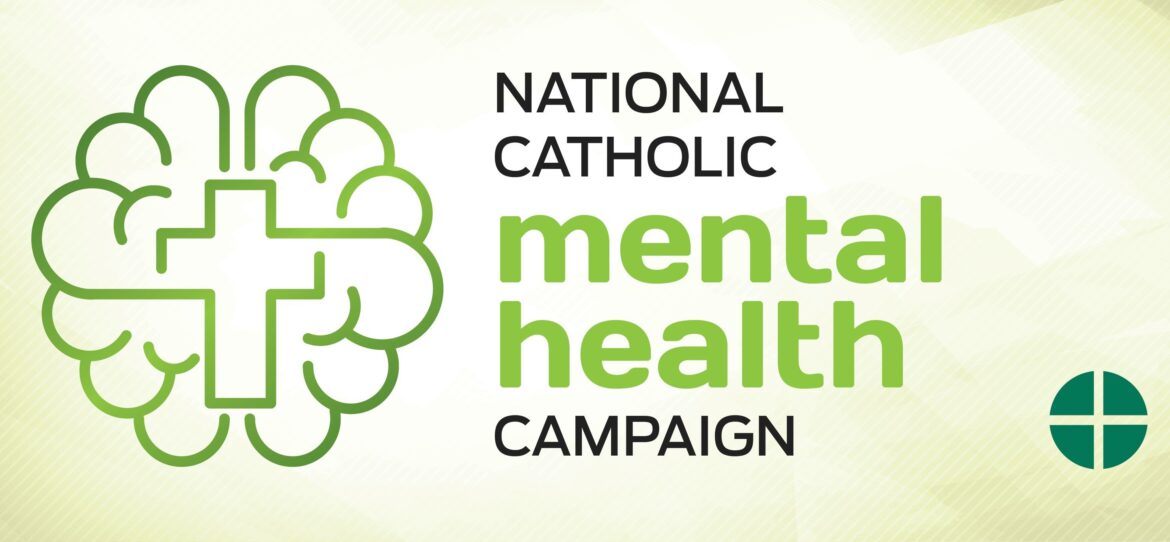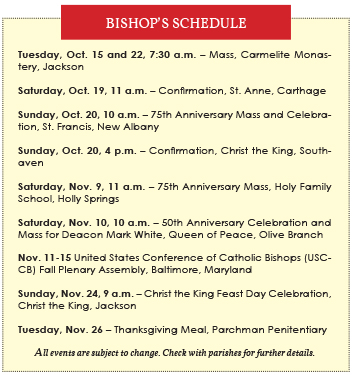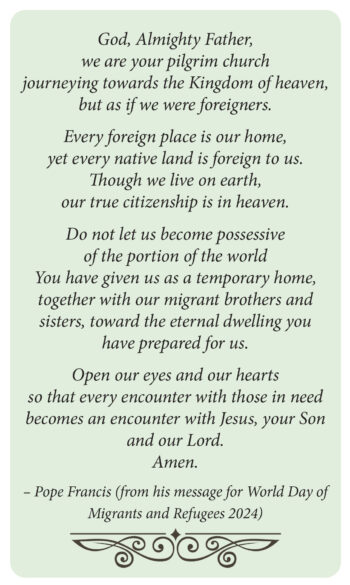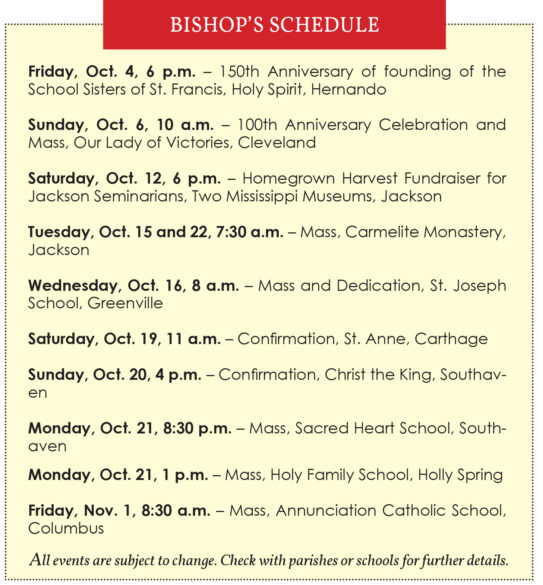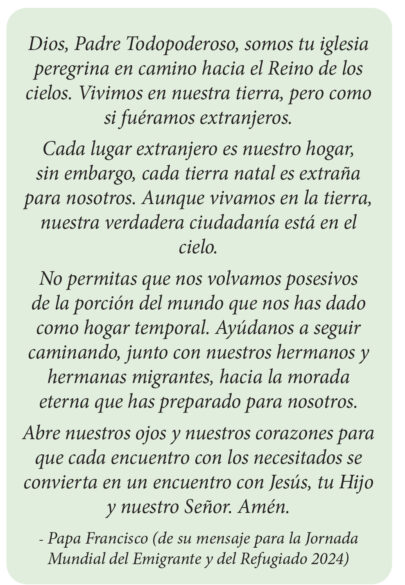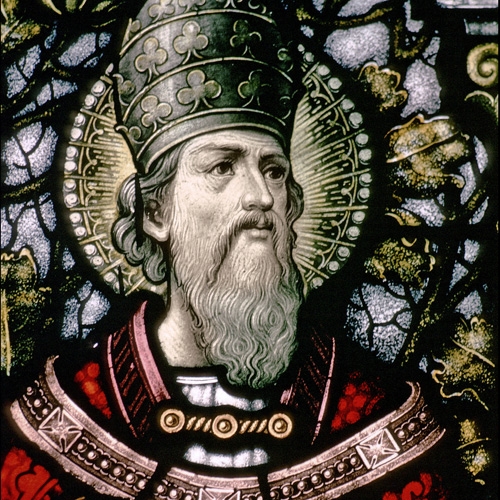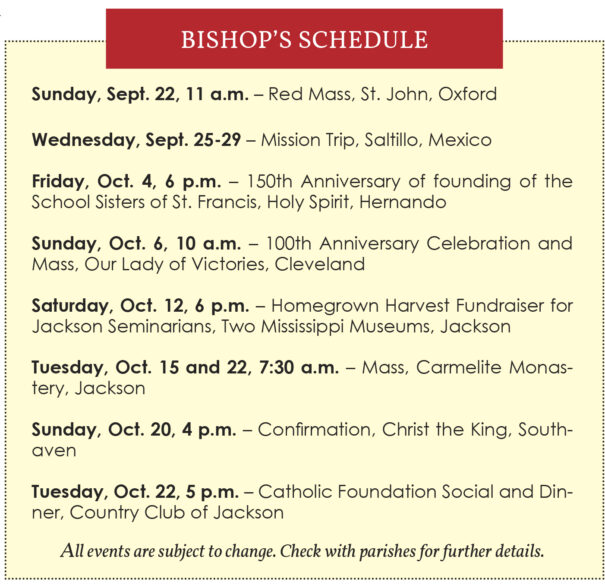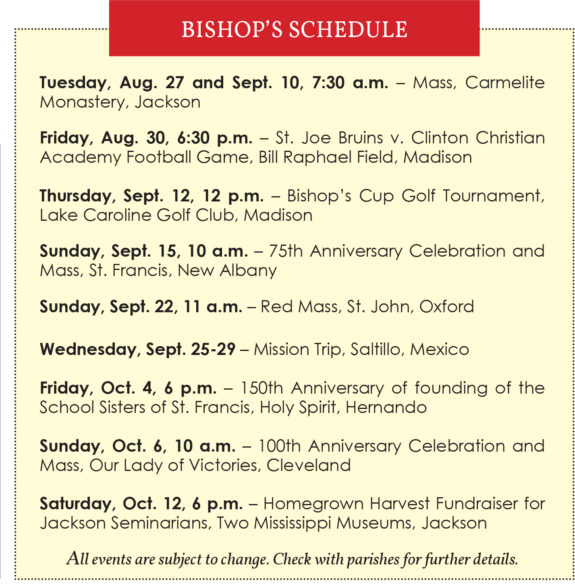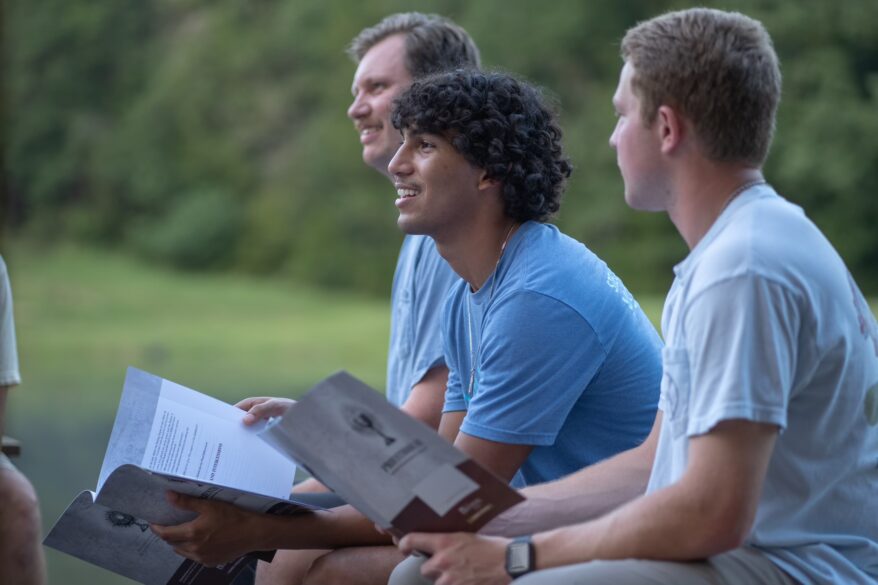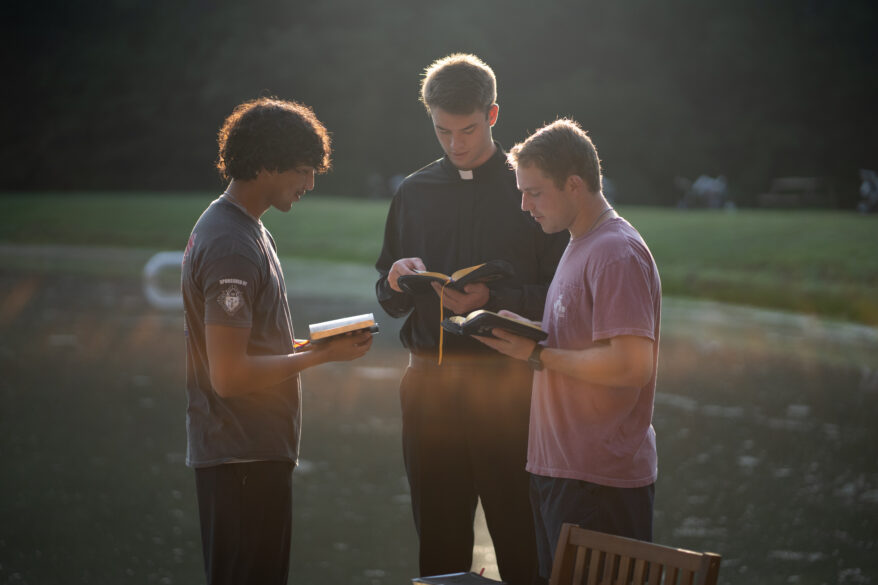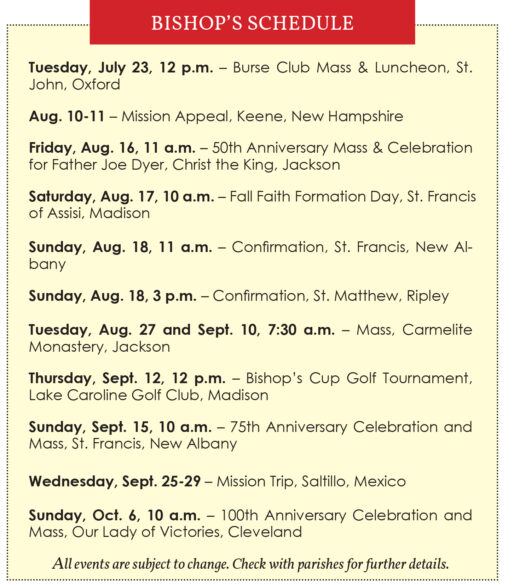By Bishop Joseph R. Kopacz, D.D.
World Mission Sunday, which is always celebrated on the second to last Sunday of October, was undertaken on Oct. 20 this year. Instituted in 1926 by Pope Pius XI as a mandatory, global second collection, the banquet that is World Mission Sunday has since then been hosted by the Pope, and the table set by those who answer Christ’s call to “Go and make disciples of all nations,” (Mt 28:19) extending an inclusive invitation to all corners of the earth. Meant to be held in every parish in the world, the proceeds benefit 1,150 territories where the Gospel has not yet been received, has been only recently embraced, or is courageously upheld in the face of persecution. It is a special commemoration that unites Catholics worldwide in prayer, solidarity and support for the church’s mission efforts.

This year’s theme, chosen by Pope Francis, is rooted in the Gospel of Matthew: “Go and Invite Everyone to the Banquet,” reflecting the inclusive and urgent call to bring God’s love to everyone. This is the universal mission to spread the Gospel and invite all to experience the joy of Christ’s message! In recent times the world-wide pandemic weakened our church’s missionary efforts, and the annual Mission Sunday collection was adversely affected. This created a ripple effect whereby many throughout the world in the mission churches felt the pain of diminished resources coming their way. The past couple of years have seen a gradual return to pre-pandemic levels and we are hopeful that we continue to trend in the direction of greater generosity and prayerful solidarity.
Recently, Pope Francis undertook an amazing pastoral journey, considering his age, to several countries in Asia, including Indonesia, Singapore, and Papua New Guinea. During his homily in Papua New Guinea, he touched upon various themes that provide for us a deeper understanding of God’s providence for all nations and peoples. In the recalling of the pioneer missionaries in their country, Pope Francis shared these thoughts. “Our forebearers in the faith had the courage to begin, the commitment to share their lives in the beauty of being present, and the profound hope of growing what they began. They did this in a spirit of closeness to the people with compassion and tenderness.” This is the Gospel worldview that galvanizes the mission fields of evangelization and re-evangelization. Although we cannot be physically transported to the far-flung corners of our universal church with the Holy Father, we can be there through prayer, generosity, and a more thoughtful understanding of the mission entrusted to us by Jesus Christ.
The Diocese of Jackson’s direct connection to the mission experience has been our relationship with San Miguel (Perpetuo Socorro for the first 30 years) in the Diocese of Saltillo, Mexico for 55 years. Although they are not a church undergoing persecution, nor are they a young church; nonetheless, they need our financial assistance throughout their chapels and desert ranchos where economic development is marginal. My recent annual trip to San Miguel with Bishop Louis Kihneman of Biloxi reenforced for us the strong bond that we share with our brothers and sisters in another country and culture. In the works of Pope Francis ours is a relationship marked by closeness, compassion and tenderness.
This year’s theme for Mission Sunday, “Go and invite everyone to the Banquet” harmonizes well with the Eucharistic Revival. The banquet of God’s abundant love is proclaimed each time we gather around the table of God’s Word, and his Body and Blood, and one of the earthly goals of Mission Sunday is to gather all the nations at the Eucharistic banquet, the holy Sacrifice of the Mass. Thank you to all for your prayer and generosity on behalf of the universal call to bring the Gospel to all the nations.


